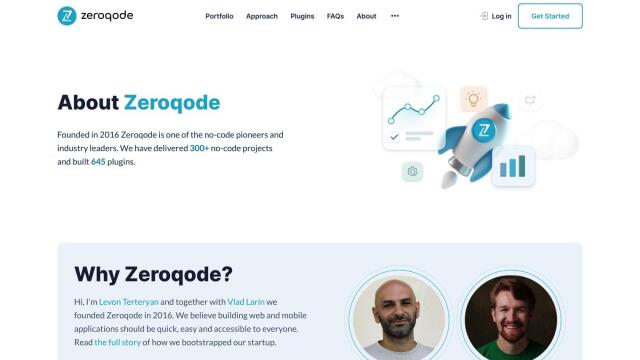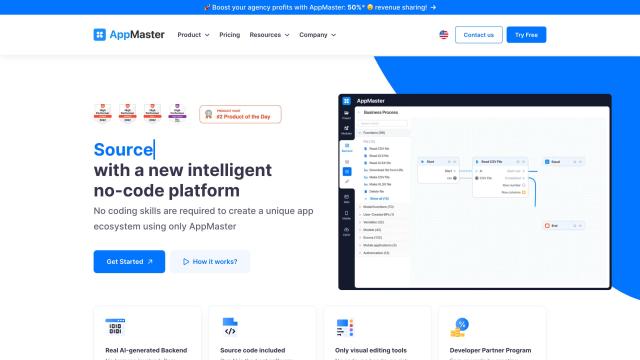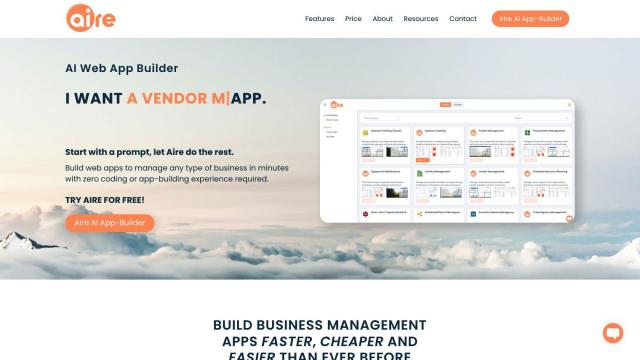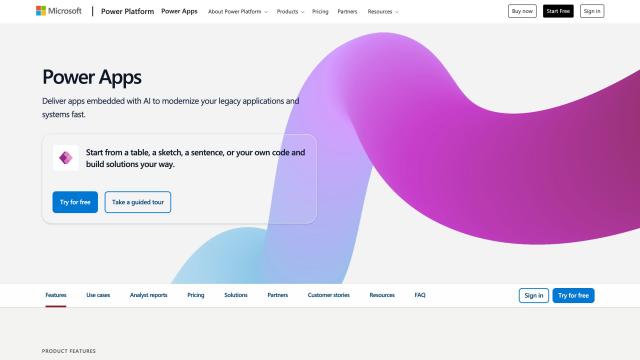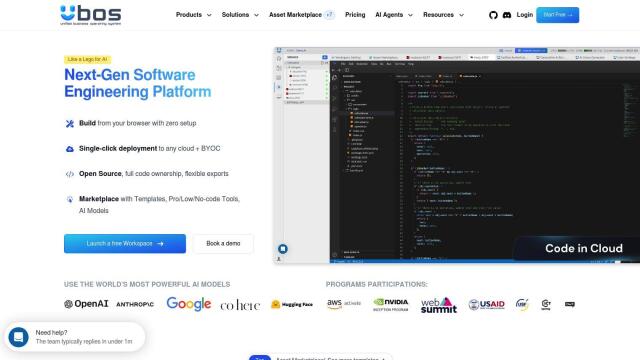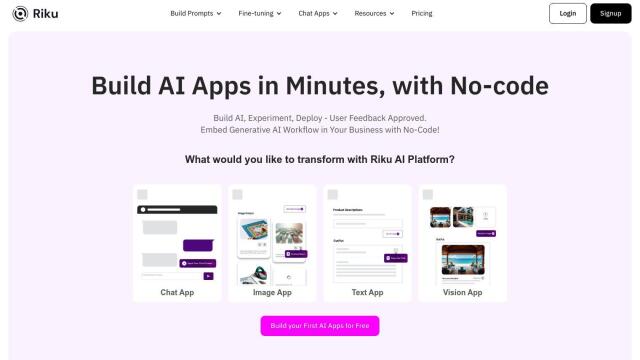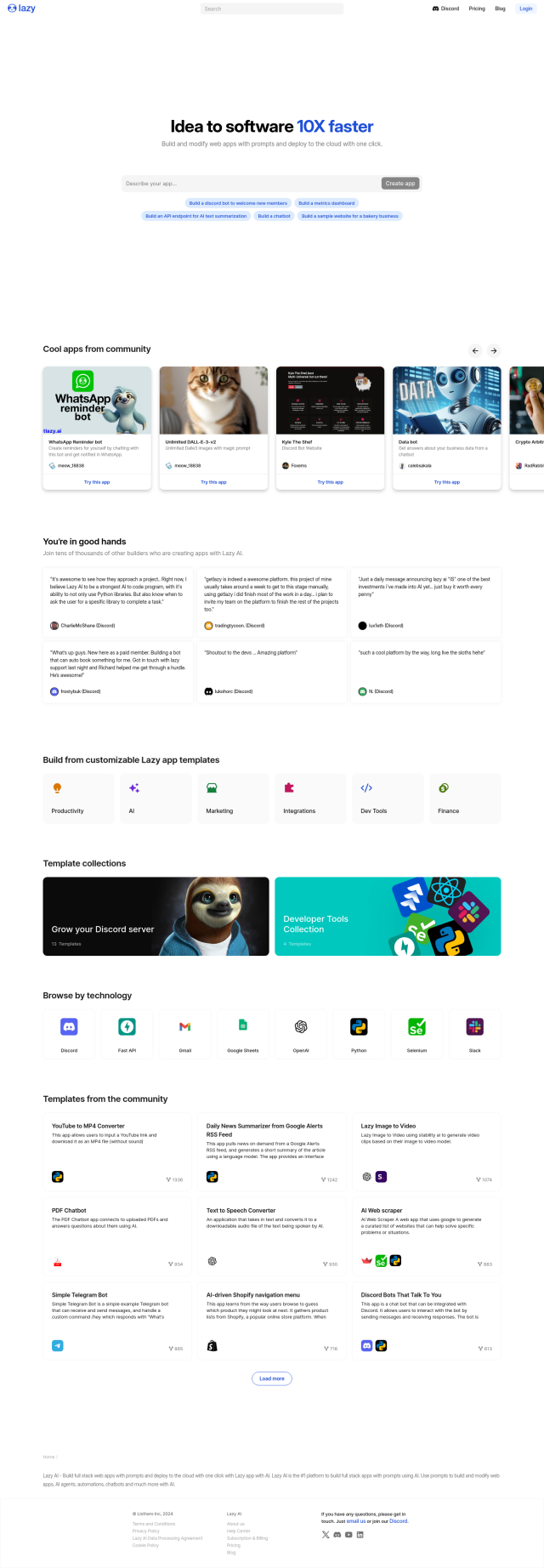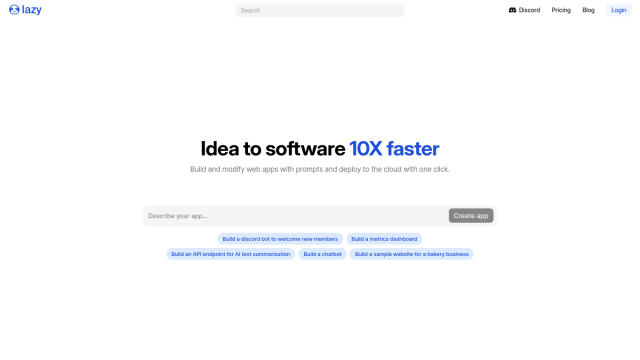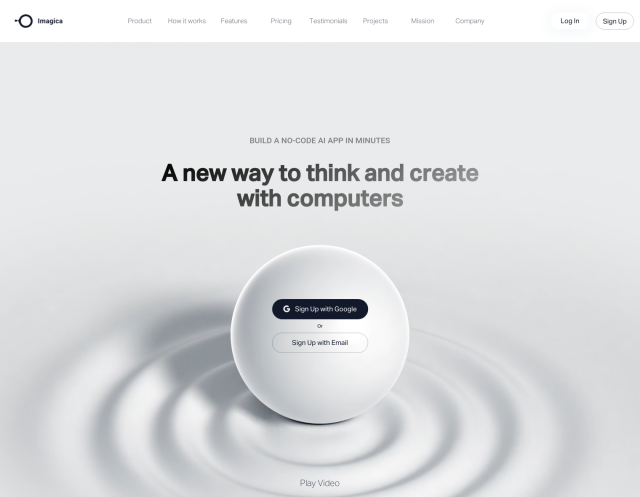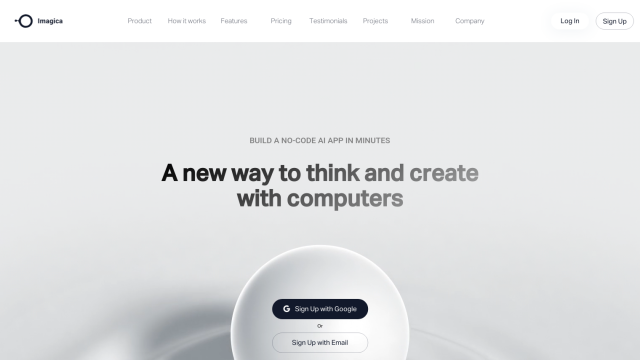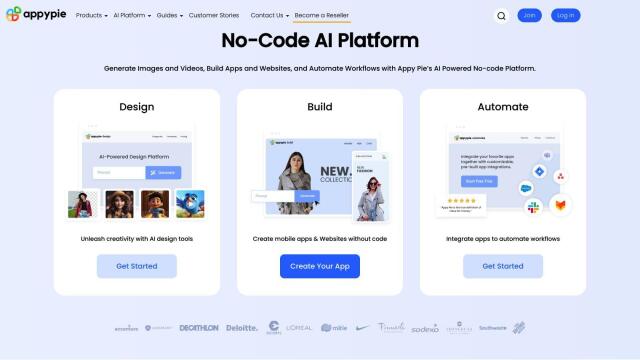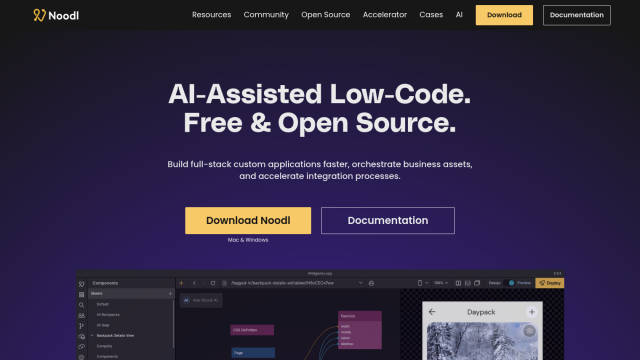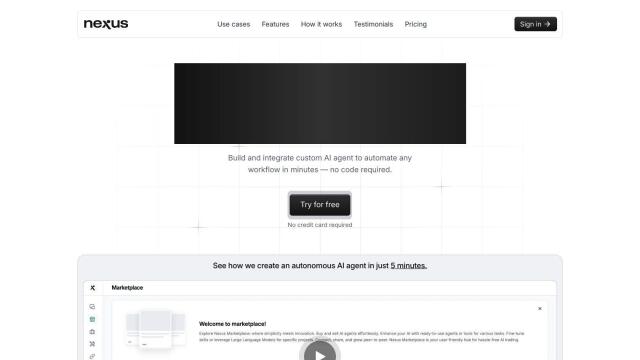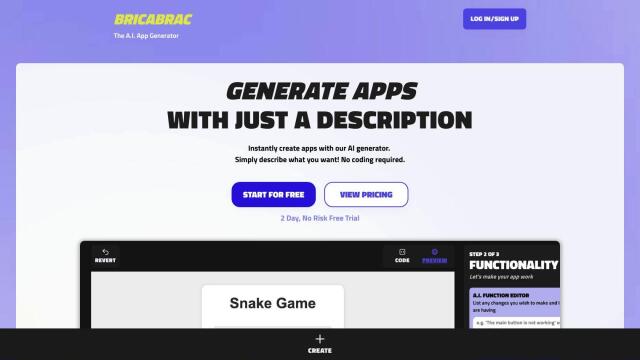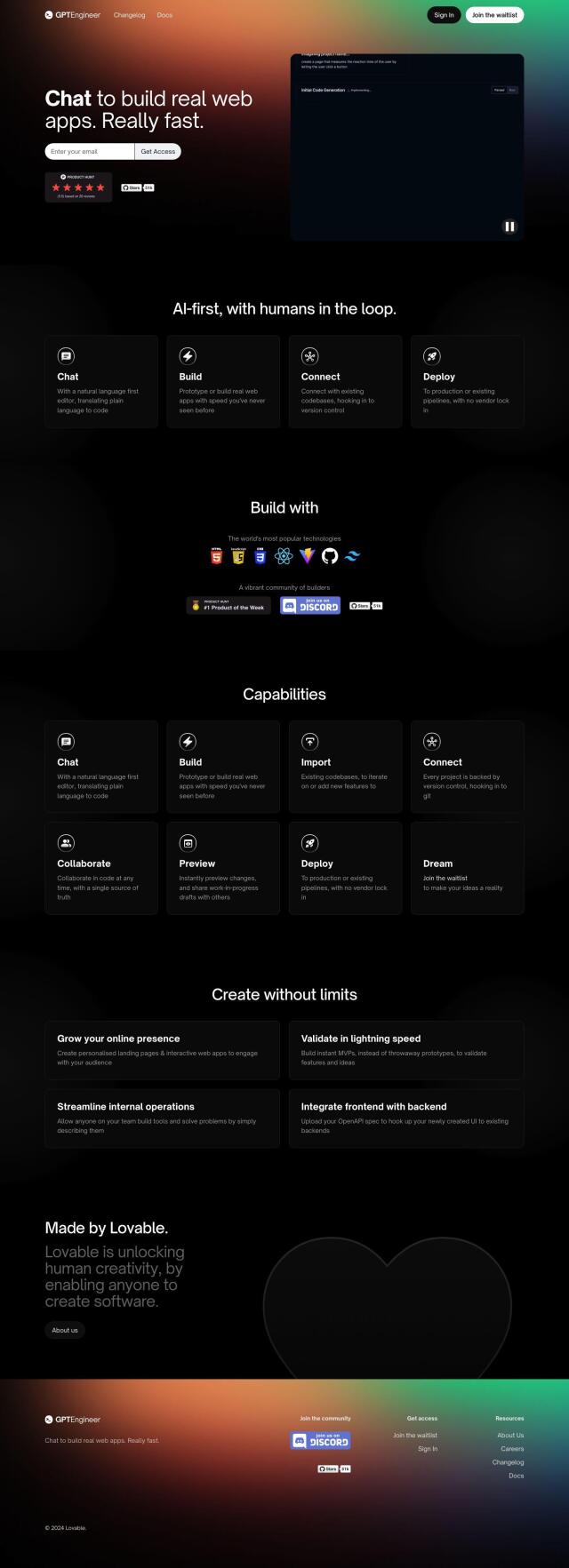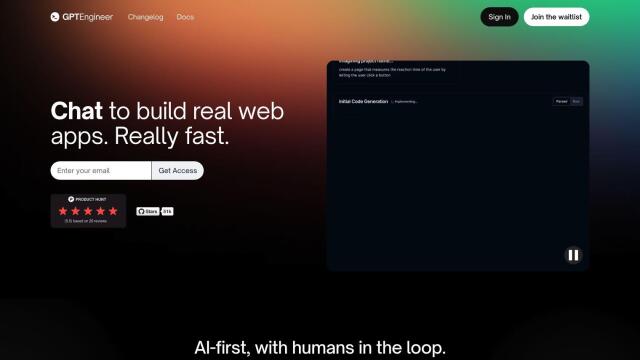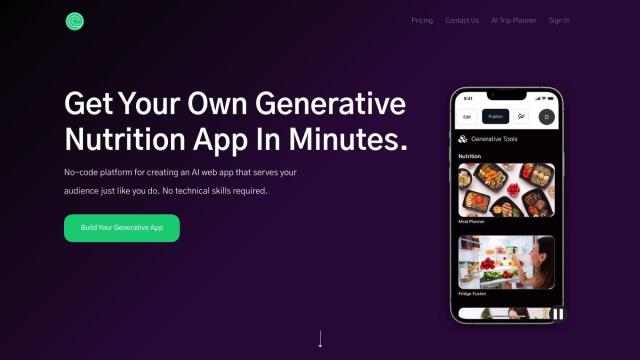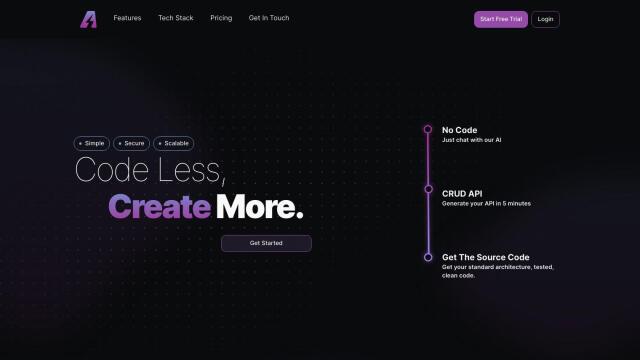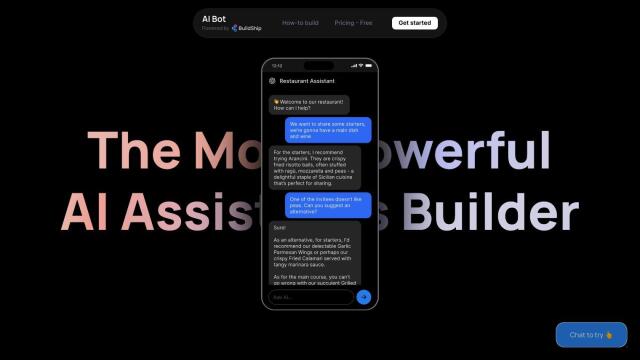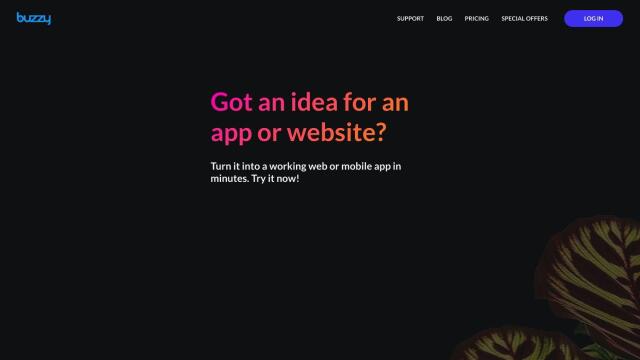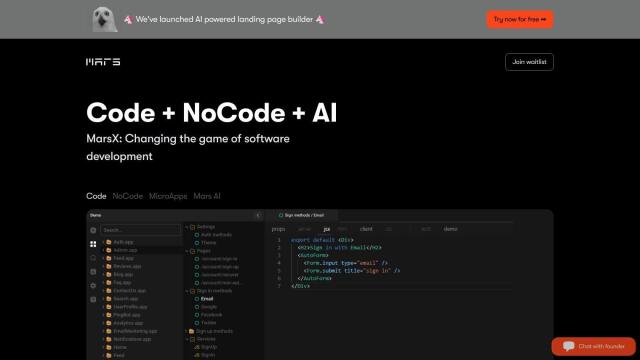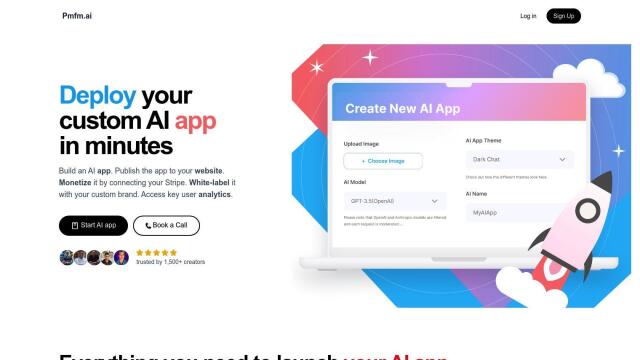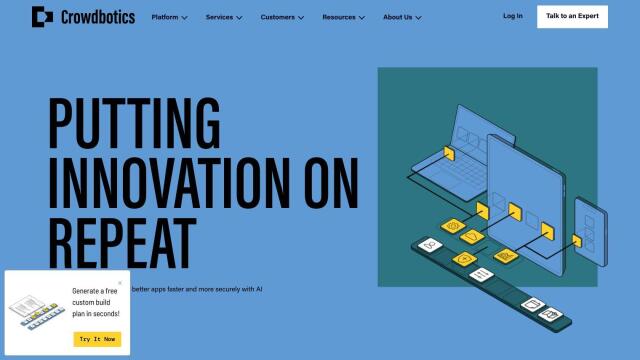Question: I need a partner to help me build an AI-powered web app without requiring extensive coding knowledge.

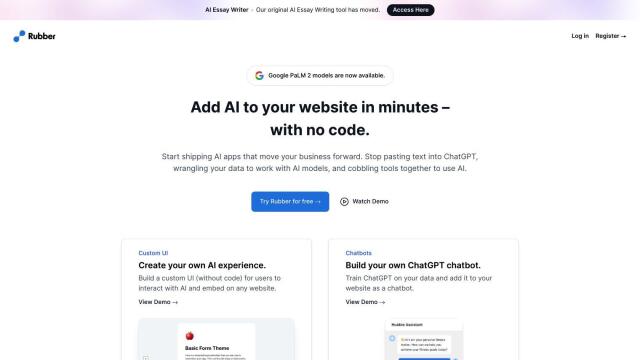
Rubber
One of the top options is Rubber. This service lets you build AI-powered apps with no programming skills. It's got a library of building blocks, support for big AI models like GPT-4, and a range of templates. Rubber lets you customize the user interface, integrate with ChatGPT, and has features like data integration and one-click publishing. That makes it a good foundation for building and sharing AI apps.

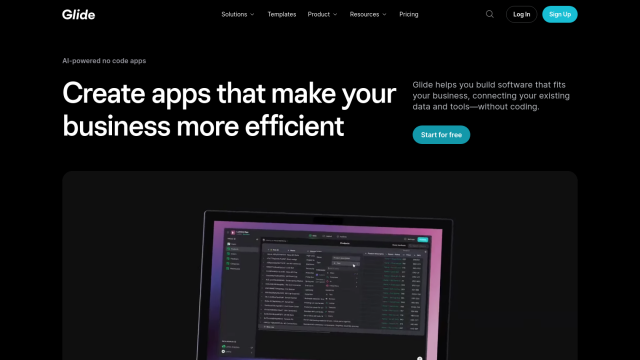
Glide
Another top contender is Glide, which is geared specifically for linking business data in spreadsheets or databases to create custom AI-powered apps. Its adaptive layouts and powerful workflow development abilities make it good for automating business processes and streamlining operations. With more than 100,000 businesses using Glide, you can tap into its wealth of resources, including templates and tutorials, to get started.

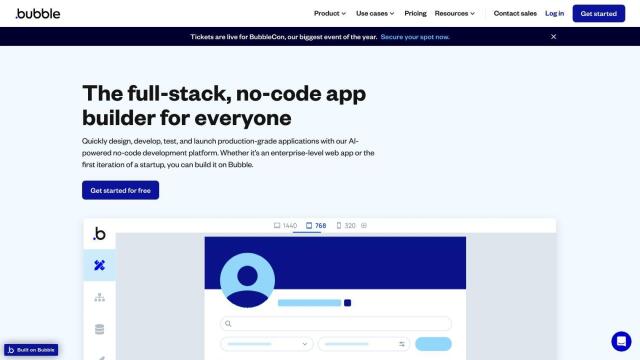
Bubble
For a more complete foundation, Bubble is a powerful option. It's got a drag-and-drop editor, AI-generated pages and a scalable hosting foundation. With real-time collaboration support and several pricing levels, Bubble is good for everything from a startup project to a corporate deployment. It also has a free development version, so you can start coding early.
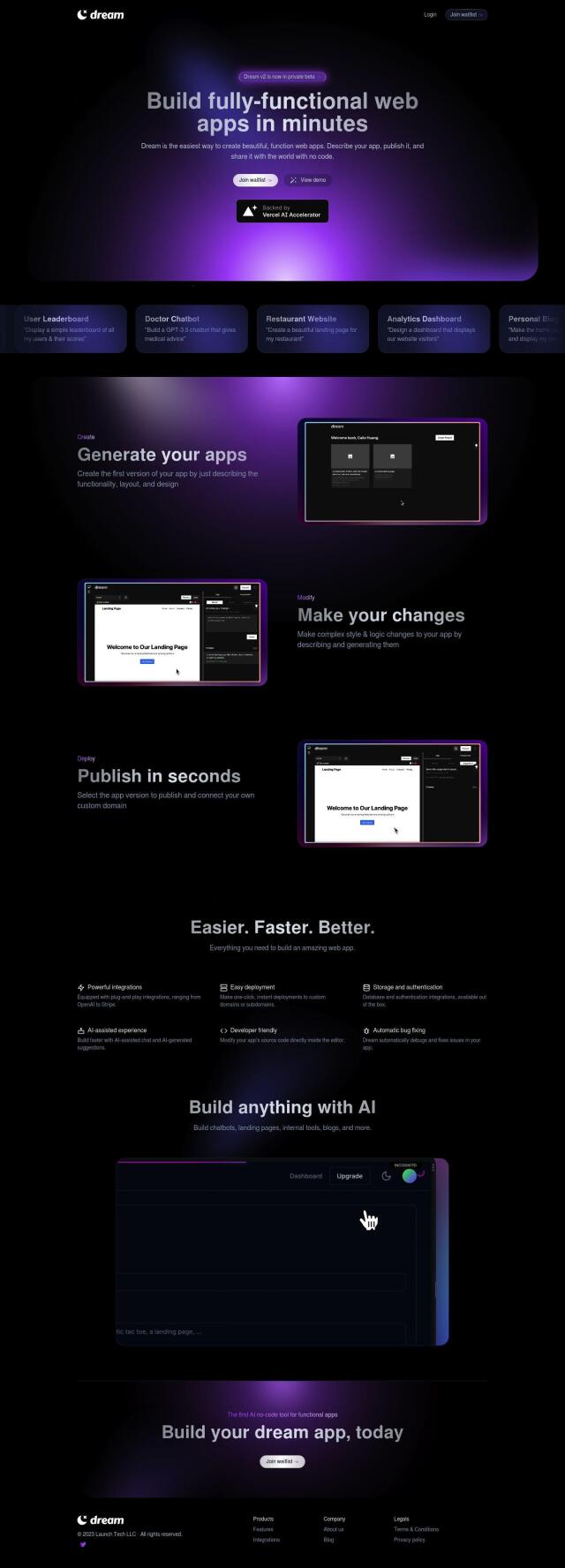
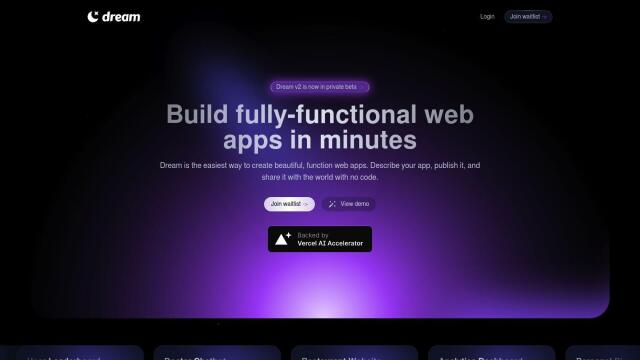
Dream
Last, Dream is an AI-powered tool that lets you build and deploy web apps fast and easily. It's got integration with services like OpenAI and Stripe, one-click deployment and automated bug fixing. Dream is flexible enough to let you build a broad range of web apps, from chatbots to landing pages and internal tools.

